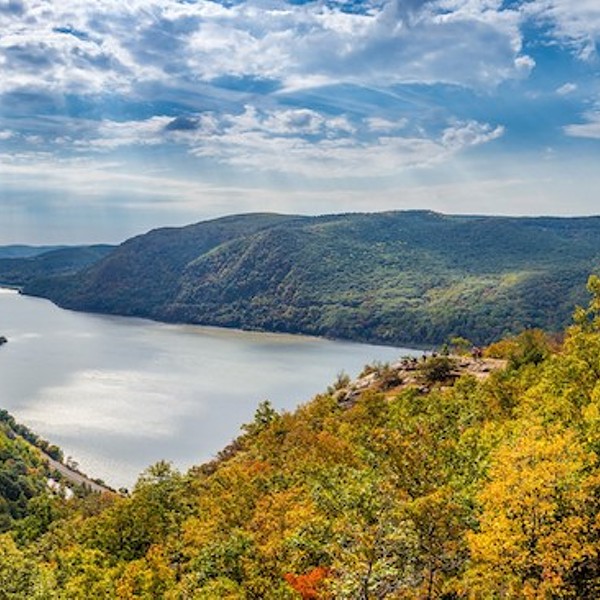The final piece of the puzzle came early this year, and again from James Hansen. Twenty years after his crucial testimony, he published a paper with several coauthors called “Target Atmospheric CO2.” It put, finally, a number on the table—indeed it did so in the boldest of terms. “If humanity wishes to preserve a planet similar to that on which civilization developed and to which life on Earth is adapted,” it said, “paleoclimate evidence and ongoing climate change suggest that CO2 will need to be reduced from its current 385 ppm to at most 350 ppm.”
The Magic Number
Get that? Let me break it down for you. For most of the period we call human civilization, the amount of carbon dioxide in the atmosphere hovered at about 275 parts per million. Let’s call that the Genesis number, or depending on your icons, the Buddha number, the Confucius number, the Shakespeare number. Then, in the late 18th century, we started burning fossil fuel in appreciable quantities, and that number started to rise. The first time we actually measured it, in the late 1950s, it was already about 315. Now it’s at 385, and growing by more than 2 parts per million annually.
And it turns out that that’s too high. We never had a number before, so we never knew whether we’d crossed a red line. We half guessed and half hoped that the danger zone might be 450 or 550 parts per million—those were still a little ways in the distance. Therefore we could get away with thinking like the young Augustine: “Lord, make me chaste, but not yet.” Not anymore. We have been told by science that we’re already over the line.
And so we’re now in the land of tipping points. We know that we’ve passed some of them—Arctic sea ice is melting, and so is the permafrost that guards those carbon stores. But the logic of Hansen’s paper was clear. Above 350, we are at constant risk of crossing other, even worse, thresholds, the ones that govern the reliability of monsoons, the availability of water from alpine glaciers, the acidification of the ocean, and, perhaps most spectacularly, the very level of the seas. It is at least conceivable that instead of a slow, steady rise in the height of the oceans, we could see rapid melt in Greenland and the West Antarctic, where much of the world’s frozen water resides. We can’t rule out, warns Hansen, a sea level rise of up to 20 feet this century. Plug that into Google Earth and watch waterfront developments turn into high-priced reefs. We can’t rule out, in other words, the collapse of human society as we’ve known it. “If humanity wishes to preserve a planet similar to that on which civilization developed and to which life on Earth is adapted...” We should add the phrase to the oath of office for every politico on the third planet.
So what does this mean? If you took 350 to be the most important number on the planet, what would it imply?
In essence, it means that we’ve got to transform the world’s economy far more quickly than we’d hoped. Almost everyone knows that this transformation is coming—that by century’s end we won’t be relying on fossil fuel, both because the oil will have run out and because the environmental damage will be intense. But the question is how quickly. The kind of change envisioned before last year was still a little leisurely—maybe the developed world cutting its carbon emissions 15 or 20 percent by 2020. That’s far more than the Bush administration or its energy-industry cronies would go for, of course—at ExxonMobil’s annual meeting last spring, CEO Rex Tillerson said he envisioned a world that still used fossil fuel for two-thirds of its power in 2030. A world where change came slowly enough that everyone could make every last penny off their sunk investments in coal mines and oil platforms. And a world where politicians didn’t need to raise the price of carbon steeply, and hence didn’t need to arouse voters.
The Danger Zone
But the 350 world looks different. We’re not worried we might have a weight problem. We’ve been to the doctor and the doctor has said, “Your cholesterol is too high. Scaring me. You’re in the danger zone. You need to change your diet and then you need to pray that you get back down where you’re supposed to be before the stroke that’s coming at you.” When that happens, you clean the cheese out of the refrigerator and go cold turkey.
















